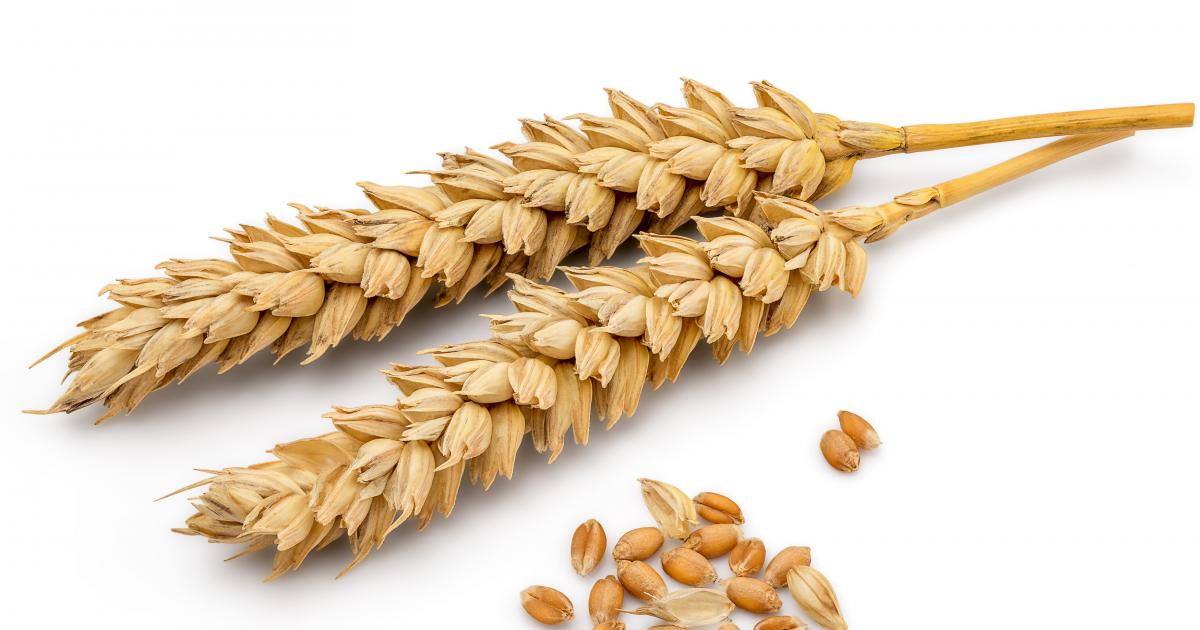what is a wheat free diet called Are you wondering if a wheat free diet is right for you?
Are you looking to adopt a healthier lifestyle and considering a wheat-free diet? Well, you’re in luck! We have gathered some helpful information for you to make an informed decision about whether a wheat-free diet is suitable for your needs.
Wheat-Free Diet: What’s It All About?
A wheat-free diet is exactly what it sounds like – it involves eliminating wheat and gluten-containing grains from your meals. Gluten is a protein found in wheat, barley, and rye, and some individuals are sensitive or intolerant to it. Going wheat-free can help alleviate symptoms such as bloating, abdominal pain, and fatigue in these individuals.
 It’s important to note that a wheat-free diet is not the same as a gluten-free diet. While a wheat-free diet excludes wheat but may still allow other gluten-containing grains, a gluten-free diet eliminates all sources of gluten. If you have been diagnosed with celiac disease, a wheat-free diet may not be sufficient, and you should consult a healthcare professional for guidance.
It’s important to note that a wheat-free diet is not the same as a gluten-free diet. While a wheat-free diet excludes wheat but may still allow other gluten-containing grains, a gluten-free diet eliminates all sources of gluten. If you have been diagnosed with celiac disease, a wheat-free diet may not be sufficient, and you should consult a healthcare professional for guidance.
Is a Wheat-Free Diet Right for You?
Determining whether a wheat-free diet is suitable for you depends on a variety of factors. It’s always a good idea to consult a healthcare professional or a registered dietitian to assess your individual needs and health goals.
If you suspect you have a wheat sensitivity or intolerance, keeping a food diary can be helpful in identifying patterns between what you eat and how you feel. It’s important to note any changes in symptoms or discomfort after consuming wheat products.
Additionally, you may want to try an elimination diet, where you remove wheat from your meals for a specific period, usually a few weeks, and then reintroduce it to see if any symptoms reappear. This can help confirm if wheat is indeed causing your discomfort.
 Considerations of a Wheat-Free Diet
Considerations of a Wheat-Free Diet
Adopting a wheat-free diet requires careful planning and consideration. Here are a few key points to keep in mind:
- Food Labels: Gluten and wheat can be found in various products, including sauces, dressings, and even some medications. It’s crucial to read food labels carefully to ensure they are wheat-free.
- Dietary Nutrition: Removing wheat from your diet may result in reduced intake of certain nutrients like fiber, iron, and B-vitamins. It’s important to compensate for these nutrients through alternative food sources or supplements.
- Alternative Grains: Fortunately, there are numerous wheat-free grains available, such as quinoa, amaranth, buckwheat, and rice. Incorporating these grains into your diet can ensure you still enjoy a varied and nutritious meal plan.
Remember, a wheat-free diet may not be suitable or necessary for everyone. If you have any concerns or doubts, seeking guidance from a healthcare professional or registered dietitian is always a wise decision.
Embarking on a wheat-free diet can be a transformative journey towards improved well-being. By understanding your body’s needs and making informed dietary choices, you can discover a healthy and balanced way of eating that works best for you!
If you are searching about nutrition/wheat-free-diet you’ve came to the right web. We have 5 Pictures about nutrition/wheat-free-diet like Pin by MN BS on Grain Free | Wheat belly recipes, Wheat free recipes, nutrition/wheat-free-diet and also Are You Wondering If A Wheat Free Diet Is Right For You? | Wheat free. Here it is:
Nutrition/wheat-free-diet
 www.drschaer.comPin By MN BS On Grain Free | Wheat Belly Recipes, Wheat Free Recipes
www.drschaer.comPin By MN BS On Grain Free | Wheat Belly Recipes, Wheat Free Recipes
 www.pinterest.comdiet wheat belly start foods biscuits grains detox recipes flour gluten weight grain choose board cinnamon bread pizza even still
www.pinterest.comdiet wheat belly start foods biscuits grains detox recipes flour gluten weight grain choose board cinnamon bread pizza even still
Are You Wondering If A Wheat Free Diet Is Right For You? | Wheat Free
 www.pinterest.comWhat Is A Wheat Free Diet
www.pinterest.comWhat Is A Wheat Free Diet
 nationalceliacassociation.blogspot.comPin On Bathroom
nationalceliacassociation.blogspot.comPin On Bathroom
 www.pinterest.comPin by mn bs on grain free. Nutrition/wheat-free-diet. Are you wondering if a wheat free diet is right for you?
www.pinterest.comPin by mn bs on grain free. Nutrition/wheat-free-diet. Are you wondering if a wheat free diet is right for you?